Contents
Page List
Guide
 SPARKED
SPARKED
SPARKED
George Floyd, Racism, and the Progressive Illusion
Edited by
Walter R. Jacobs
Wendy Thompson Taiwo
and Amy August
Copyright 2021 by the Minnesota Historical Society. Copyright in individual chapters is retained by their authors. All rights reserved. No part of this book may be used or reproduced in any manner whatsoever without written permission except in the case of brief quotations embodied in critical articles and reviews. For information, write to the Minnesota Historical Society Press, 345 Kellogg Blvd. W., St. Paul, MN 55102-1906.
mnhspress.org
The Minnesota Historical Society Press is a member of the Association of University Presses.
Manufactured in the United States of America
10 9 8 7 6 5 4 3 2 1
 The paper used in this publication meets the minimum requirements of the American National Standard for Information SciencesPermanence for Printed Library Materials, ANSI Z39.48-1984.
The paper used in this publication meets the minimum requirements of the American National Standard for Information SciencesPermanence for Printed Library Materials, ANSI Z39.48-1984.
International Standard Book Number
ISBN: 978-1-68134-208-5 (paper)
ISBN: 978-1-68134-209-2 (e-book)
Library of Congress Control Number: 2021935185
This and other Minnesota Historical Society Press books are available from popular e-book vendors.
Contents
Walter R. Jacobs
Amy August
Walter R. Jacobs
Darren Wheelock
Marcia Williams
Rachel Raimist
Catherine Ceniza Choy
Jerry Shannon and Sarah Shannon
Wendy Thompson Taiwo
Thomas X. Sarmiento
Rodolfo Aguilar
Mario Alberto Obando
Jasmine Mitchell
Neeraj Rajasekar
Samuel L. Myers Jr.
Taiyon J. Coleman
David Todd Lawrence
MiChael N. Wright
Yohuru Williams
Keith A. Mayes
Erin Sharkey
Jason Marque Sole
Amber Joy Powell
Terrion L. Williamson
Shannon Gibney
Ibrahim Hirsi
Enid Logan
M. Bianet Castellanos
Jermaine Singleton
Rose M. Brewer
Brian D. Lozenski
Gabriela Spears-Rico
Katrina Phillips
Brittany Lewis
Kate Beane
Kong Pheng Pha
Wendy Thompson Taiwo
Kale Bantigue Fajardo
Walter R. Jacobs, Amy August, and Wendy Thompson Taiwo
Edgar Jesus Campos and Amy August
Preface
From Wonderful/Wretched Memories to Sparked Discussion of Racial Dynamics in Minnesota
Walter R. Jacobs
We are all shocked and saddened by the tragic events in Minneapolis, Minnesota over the past few days. As human beings, many of us are overwhelmed by the complexity of the situation and the intense emotions it has created. As members of an institution that strives for social justice, we feel discouraged and outraged. And, as social scientists, we are wondering how our disciplines and our knowledge can contribute to solutions. I have three thoughts about steps we can take.
So began a May 29, 2020, email I sent to the College of Social Sciences at San Jos State University (SJSU), where I am the dean and a professor of sociology. The May 25, 2020, murder of George Floyd by a Minneapolis police officer and subsequent protests about police brutality and other injustices faced by Black people in the United Statesprotests both peaceful and violentprompted many social scientists to ask, What can we do to help repair the many fractures in American society that seem to be getting worse each day? The first step, of course, is to educate ourselves about the issues, especially about the history and culture of the place at the epicenter of one of the most recent conflagrations sparked by the murder of yet another unarmed Black person.
My email to the college included a paragraph about my being on the faculty at the University of Minnesota, Twin Cities for fourteen years. In addition to checking in with friends and former colleagues who were still living in Minnesota, I had conversations with folks whod left the area, and those chats inevitably included discussions about Minnesotas progressive reputation. One good friend and I discussed the January 8, 2020, article When Minneapolis Segregated from the CityLab website, which analyzes how racial housing covenants in Minneapolis blocked home sales to people of color from the early 1900s to an official end in 1948 (but with unofficial enforcement for many years afterward), establishing patterns of inequality that persist to this day. The article notes, Despite its reputation for prosperity and progressive politics, Minneapolis now has the lowest rate of homeownership among African American households of any U.S. city. My friend informed me about the work of the University of Minnesotas Mapping Prejudice project, which provides extensive analyses of the operation of racial covenants in the Twin Cities.
A conversation with Wendy Thompson Taiwo (assistant professor of African American studies at SJSU) about our experiences as African Americans living and working in the Twin Cities was very momentous. Wendy noted that her time in Minnesota was wonderful and wretched for Black folks like us. That struck a nerve with me, as my time was also filled with both amazing and awful moments. After mulling over our conversation for a few days, I thought: As a component of educating others about the fraught racial landscape of the Twin Cities, why dont I collect some stories about the good, the bad, and the ugly of life from college and university faculty members who were former residents of Minnesota but now have some distance to critically reflect on their experiences? I contacted the editors of The Society Pages website, Doug Hartmann and Chris Uggen, and we decided to publish a special series of personal essays, Wonderful/Wretched Memories of Racial Dynamics in the Twin Cities, Minnesota. The series includes a reflection from Wendy and three essays from me.
Over the summer of 2020 I asked social scientists with ties to Minnesota to discuss their memories of racial dynamics in the Twin Cities, specifically about their own experiences regarding the wonderful and wretched components of life in the area. The essays addressed questions such as
Who lives in Minnesota? How does this racial composition shape the states racial climate?
Are the specific type of racism and the racial dynamics of the Twin Cities different than in other parts of Minnesota?
What is so wonderful about Minnesota?
Amy August is now an assistant professor of sociology at SJSU, but in the summer of 2020 she was concluding her PhD studies at the University of Minnesota, Twin Cities. She and I edited the submissions, and they were posted on The Society Pages between June 8 and August 31, 2020. That October, Doug and Chris reached out to me about the possibility of converting the special series into a book. I loved the idea and suggested that Amy and Wendy could be coeditors given their contributions to The Society Pages series. Chris and Doug then pitched the idea to the director of the Minnesota Historical Society Press, Josh Leventhal. After a series of conversations,

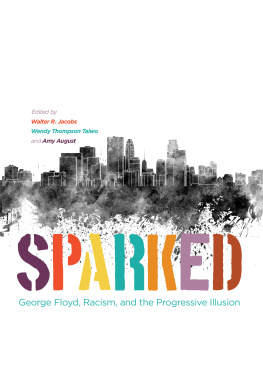

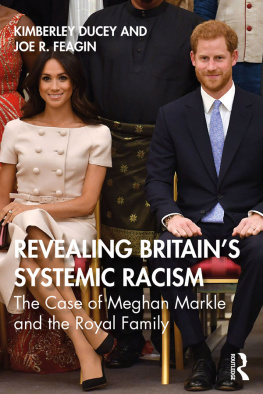


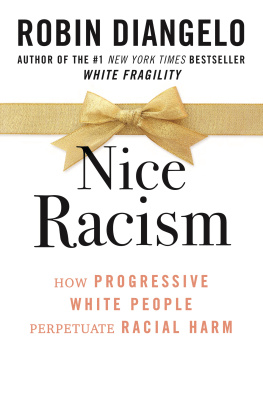
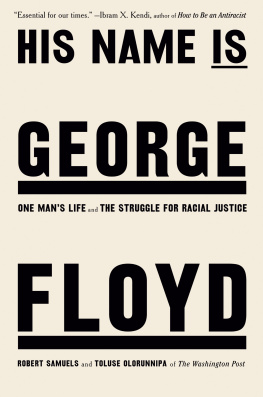
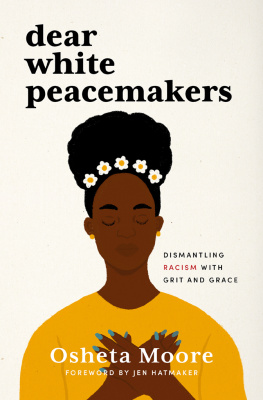

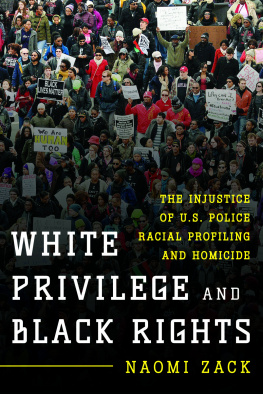

 SPARKED
SPARKED
 The paper used in this publication meets the minimum requirements of the American National Standard for Information SciencesPermanence for Printed Library Materials, ANSI Z39.48-1984.
The paper used in this publication meets the minimum requirements of the American National Standard for Information SciencesPermanence for Printed Library Materials, ANSI Z39.48-1984.